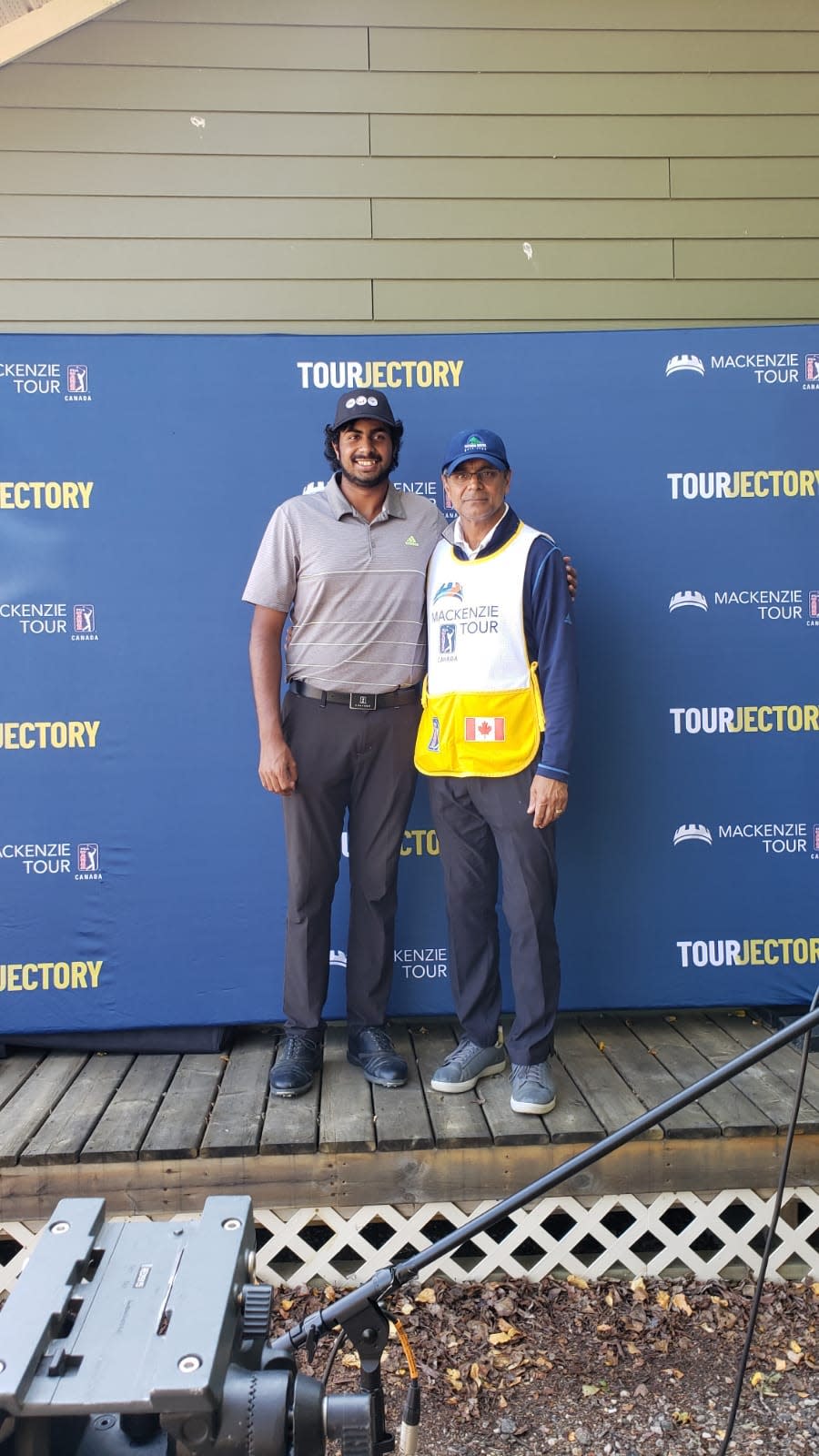What people with juvenile arthritis wish you knew
Though juvenile arthritis affects nearly 300,000 kids and teens in the U.S. – causing issues like joint inflammation, swelling and pain – it is still widely misunderstood or outright unknown to the general public.
Juvenile arthritis is an umbrella term to describe inflammatory and rheumatic diseases that develop in children under 16, according to the Arthritis Foundation. Most kinds of juvenile arthritis are autoimmune or autoinflammatory diseases – when the immune system attacks healthy cells and tissue.
In order to help shed light on what it's like to live with juvenile arthritis, we spoke with people to learn more and bust misconceptions.

What is it like to have juvenile arthritis?
Ashlyn Willis, a 20-year-old student and founder of arthritis charity "Kindness Rocks," describes juvenile arthritis as "debilitating."
"At least for me, it means 25 pills a day. It means two forms of chemotherapy. It means feeling misunderstood a lot of the time and always trying to catch up to everybody else around me."
Sadiq Jiwa was first diagnosed at 6 years old. Now 26, the condition has progressed, affecting more than half the joints in his body and causing joint deterioration, muscle stiffness and tightness.
He had to give up his childhood passion for hockey but has instead become a young professional golfer. Still, he has good days and bad days.
"The condition will vary on a day-to-day, week-to-week and month-to-month basis," he adds, but has learned how to manage his condition in order to pursue his sports dreams.

Alex Guild, 16, who was diagnosed with juvenile arthritis 2 years ago, struggled before finding the right treatment option.
"Before I started (my medicine), it just got to a point with my arthritis where I could hardly walk, I couldn't go upstairs, I could hardly write with a pen. Simple, everyday tasks I'd been doing my whole life were suddenly a chore, a burden, something that I couldn't just do automatically," she explains. "Not only do you have a lot of joint pain, but your immune system is attacking itself. So accompanied by the joint pain, you have a lot of fatigue."
On top of that, there can be flare-ups, where arthritis gets worse, Guild says. This can be accompanied by fever, chills and overall aches.
For Jordan Howe, 20, juvenile arthritis has also led to "so much more" since her diagnosis at 2 years old.
"It can cause a bunch of other inflammatory issues, bodywide," they explain. "Because of it, I ended up with fibromyalgia. I have chronic migraines. I have uveitis, which is inflammation in your eyes that's also related to the arthritis. It's basically like my entire body is just really screwed up."
Juvenile arthritis misconceptions
Only old people get arthritis: People often think kids can't get arthritis, picturing instead an older person. Or they assume it's the same type of disease seniors develop.
Guild says the autoimmune disease portion of juvenile arthritis consists of unique challenges.
"Some kids who have juvenile arthritis have systemic arthritis, where your organs are inflamed as well," she adds.
It's not a "big deal": "I wish people knew how debilitating it can be," Willis says. "Sometimes people think arthritis is just a little bit of joint pain ... But for a lot of people, it does mean immunosuppressive chemotherapy (and) medications to keep it under control."

It's easily diagnosed: Willis remembers days in her childhood when she would wake up unable to walk. After being rushed to the hospital where X-rays and tests showed nothing, she felt "defeated, time and time again." She was diagnosed at age 8.
"Having a diagnosis is a bit of a relief. You know what's happening to your body, and you can move forward from there," she adds.
Jiwa says it took a multitude of specialists and imaging to finally get a diagnosis as well, totaling almost two and a half years.
Every day is the same: Guild wishes people understood that "just because I could do it yesterday, doesn't mean that I can do it today."
"Your disease and your pain levels fluctuate so much throughout the day, throughout the week, even throughout the month. If I could go on a mile hike yesterday, I might not be able to walk around Target today ... You can push yourself, but your actions have consequences. And if you do something that would be OK for a normal person one day then you're going to need a day to recover."
It's easily recognizable: Howe describes juvenile arthritis as an invisible disability, which makes it easy for people to make unfair and inaccurate assumptions.
"People automatically look at me and think, 'Oh, she's perfectly healthy,' " Howe explains. "They just look at you and think, 'Oh, well, it must not be that bad because you look so normal.' When in reality, there's so many components to it."
Guild agrees the worst thing you can tell to someone who has an autoimmune disease is you don't "look sick."
"Just because I don't have a cast on my leg or I'm not in a wheelchair – just because you can't glance at me and see that I'm sick, it doesn't mean that there isn't a lot of harm going on in my body," she says.
And while someone may be able to see a swollen joint, Jiwa says they don't see what goes on "behind the scenes," either.
You're just "being lazy": Howe says people don't understand how "draining" juvenile arthritis can be.
"I'm constantly tired... (People) think that we're just being lazy when in reality, we're just exhausted and we don't want to have to put in so much effort for basic everyday tasks sometimes."
How can you best support someone who has juvenile arthritis?
Learn more: A good first step in supporting someone with juvenile arthritis is studying up. In addition to information and resources available through websites like the Arthritis Foundation, you can also learn from people with juvenile arthritis on social media.
Listen up: Jiwa says what he appreciated the most when he opened up to friends about his diagnosis was the fact that they listened.
Howe also suggests respecting boundaries and limits. Not everyone will want to share everything or be comfortable physically doing everything.
Check in: Willis says it's good to check in on your friends, both mentally and physically.
"Patients don't always have a linear experience, so it's important to make sure that your friends are doing OK ... because they may be going into a flare-up and that can be really difficult and it can feel really isolating."
'We want to be understood, not hidden away': What people with autism wish you knew
More: Some people with autism finally feel seen. Here's why.
This article originally appeared on USA TODAY: Juvenile arthritis: What people wish you knew

